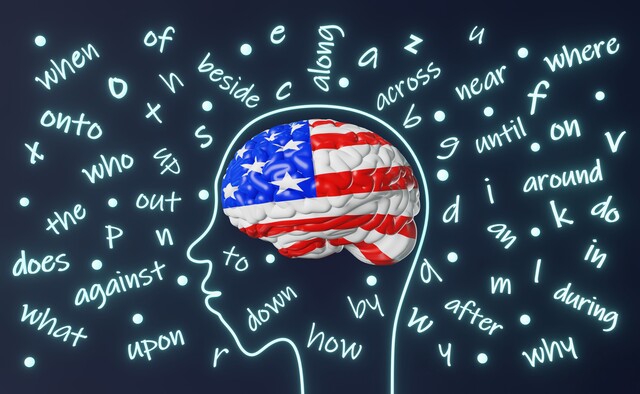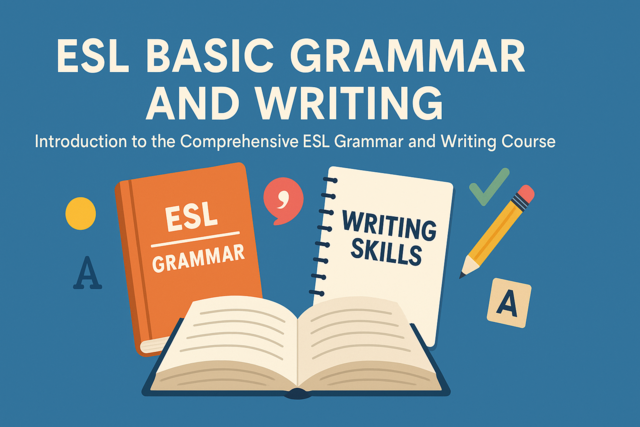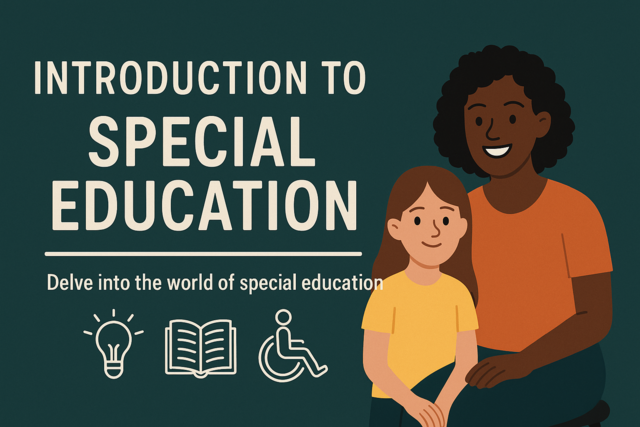First Grade Curriculum
Igniting Young Minds for a Bright Future!

3 Hours average completion time
0.3 CEUs
10 Lessons
16 Exams & Assignments
11 Discussions
10 Videos
41 Reference Files
69 Articles
Mobile Friendly
Last Updated January 2026
Revolutionizing Modern Education: Transitioning to Interactive Learning
Gone are the days when education was confined to monotone lectures and heavy textbooks reminiscent of the 19th and 20th centuries. The educational landscape has witnessed a profound shift, leaving behind the passive learning models of yesteryears. We've come to understand the limitations of traditional teaching methodologies that often overlook the diverse learning needs of our students.
Modern research solidly advocates for an immersive, holistic approach to education--one that actively engages students, prompting them to think critically, collaborate, and share diverse perspectives. This dynamic method not only captures their fervent energy but also ignites the flames of deep comprehension and curiosity.
Our meticulously crafted course aims to equip educators with the tools and techniques to seamlessly transition into this vibrant paradigm of teaching and learning. Drawing insights from cutting-edge research on brain science and cognitive behavior, we unfold the strategies that emphasize active participation over passive memorization and one-dimensional instruction.
In response to the commitment by forty-eight states to unify educational excellence, our course is intricately designed around the core standards endorsed nationally. These encompass eight pivotal subjects, namely: Reading, Writing, Math, Science, Social Studies, Art, Music and Movement, and Creative Dramatics.
Dive deep into each domain as we delve into the quintessential curriculum components for first graders. Beyond just theoretical knowledge, each lesson is enriched with age-tailored activities that solidify foundational concepts. Additionally, seasoned educators lend their expertise, sharing invaluable teaching nuggets that promise to transform each classroom session into a lively hub of learning and discovery.
Embrace this transformative journey and herald a new era of interactive education that resonates with the ever-evolving needs of our students.
- Artistic and creative expression
- Collaboration and teamwork skills
- Creative writing and storytelling skills
- Problem-solving and critical thinking in math
- Reading comprehension and engagement
- Musical literacy and cultural understanding
- Inquiry-based learning in science
- Social awareness and empathy development
- Confidence in communication and expression
-

Early Childhood Development
-

Writing Help Course Bundle
-

Basic English Speaking Skills
-

How To Be a Substitute Teacher
-

Understanding Learning Styles
-

Teaching Grammar to ESL Students
-

The Science and Art of Reading Development
-

ESL Basic Grammar and Writing
-

Building Self-Esteem in Children
-

First Grade Curriculum
-

Introduction to Special Education
-

ESL Grammar Skills Level 1
-

Second Grade Curriculum
-

Math All-In-One (Arithmetic, Algebra, and Geometry Review)
-

ESL Grammar Skills: Level 1-5 Course Bundle
-

Behavior Management 101